No spring break will cause stress among faculty, students
February 26, 2021
A semester with no breaks will lead to large-scale burnout among UVM students.
I understand why the state decided to forego a spring break in favor of a longer winter one; COVID-19 rages on there are necessary limits to out-of-state travel.
“Institutions shall eliminate traditional ‘spring breaks’ by eliminating breaks from the spring semester calendar that would encourage out-of-state travel by students, faculty or staff. Alternative breaks that encourage students to stay in Vermont and on campus are allowed,” is an excerpt from the Mandatory Guidance for College and University Campus Learning from the state of Vermont.
It makes logical sense, if students do not have a week off they will most likely stay on campus and therefore limit possible exposure.
Practically this will be a fast disaster.
Replacing a break week with respite days (one day breaks in the semester) will not give students an actual break from classes.
Break days now are zoom meetings and catching up on any work missed.
Some professors may also assign work to be due on these respite days, making them days where one is working.
I do not think anyone will be sitting in front of the TV; they’ll be reading chapters and outlining powerpoints.
According to the National College Health Assessment, stress negatively impacts 30% of U.S. college students.
This data was found in a normal academic year. If this study were repeated during the current pandemic, stress would most likely be negatively impacting more due to the fact that there are more stressors.
With the factor of potentially catching a deadly disease, not being able to see friends due to quarantines and stay-at-home orders and other consequences from the pandemic, no break means dealing with a lot without being able to pause.
It is already hard to do things with those you love; relationships outside of one’s household are mainly virtual and it is difficult to make new connections as well as sustain old ones.
Breaks are typically a time to see friends, loved ones, family, and to take time to shift focus from school to life for a minute.
No break means means not seeing family, not taking mental health days, and it means possibly overworking yourself with no time off to look forward to.
It would make sense for academic performance to plummet after weeks of working arduously without break.
It makes sense for academic performance to plummet when faced with a deadly disease.
Professors may also burn out; lecture after lecture with no pause is as overwhelming for students as it is for professors.
Already, most professors understand the burn out in a normal academic year.
Around midterms students start to have frizzled hair, eye bags, and two coffees at all times.
This is amplified in the current circumstances; and nowadays both students and professors feel the impacts of COVID-19 on mental health and academics.
I get why the state made this guideline, but the long-term impacts of no break on the health of the student body and faculty may make this decision not worth it.
I would prefer more respite days, or perhaps a week off with a punishment if a student is caught travelling.
I feel that the state should leave the decision on how to handle time off to the university itself; each university is unique and knows its’ student body.
There are better ways to prevent the spread of covid than taking away spring break.
UVM may not be able to stop students from going home, but they can do better than three respite days.


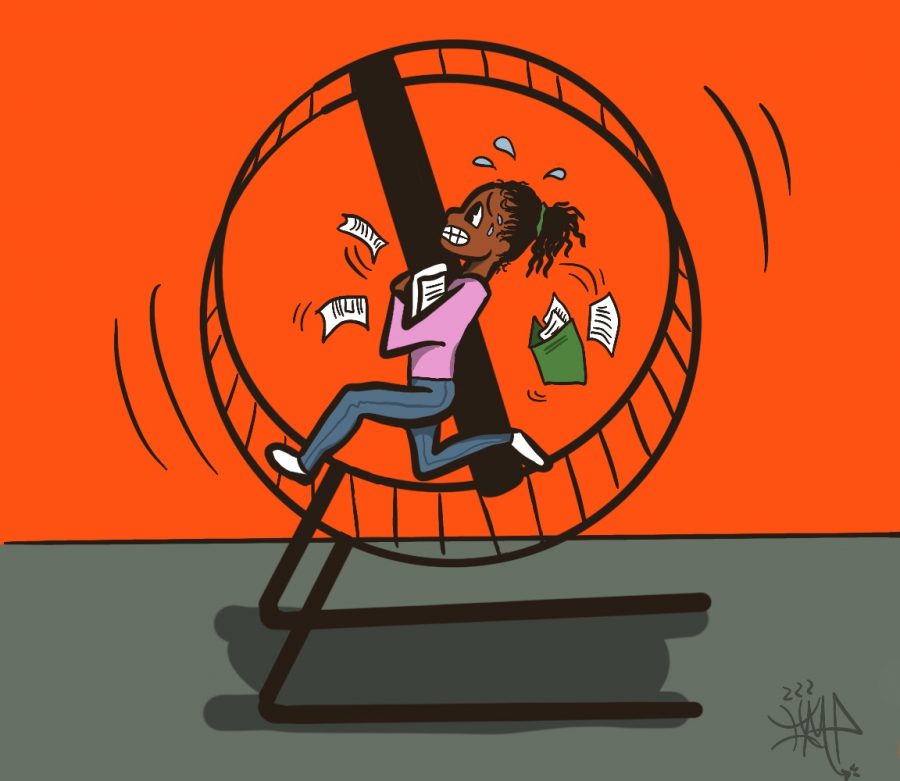
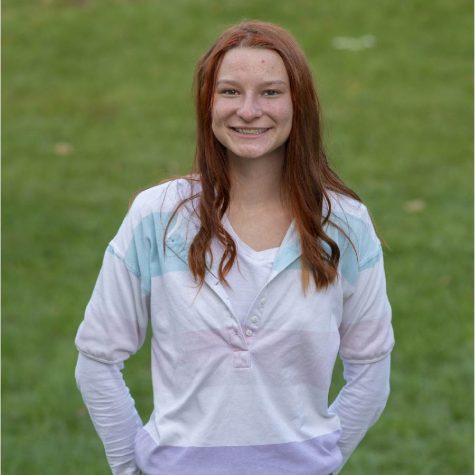







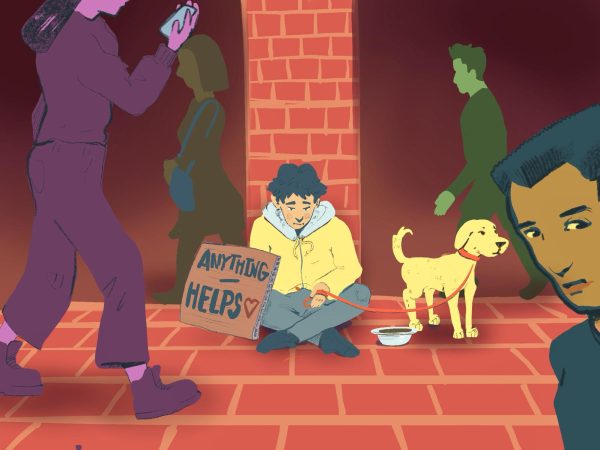
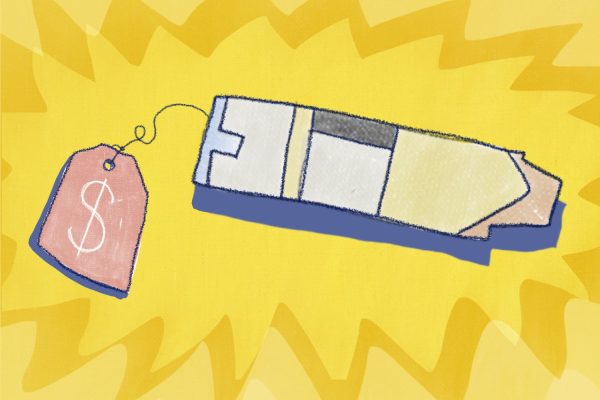
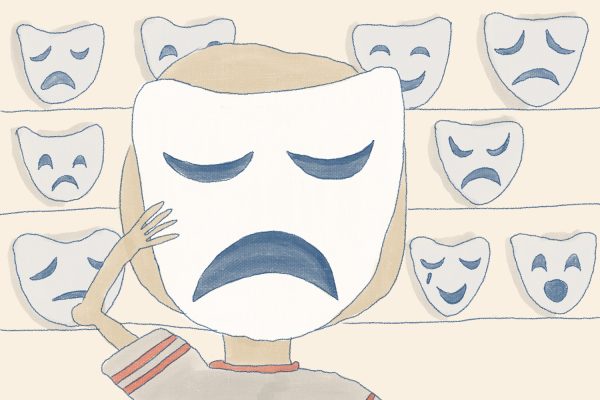
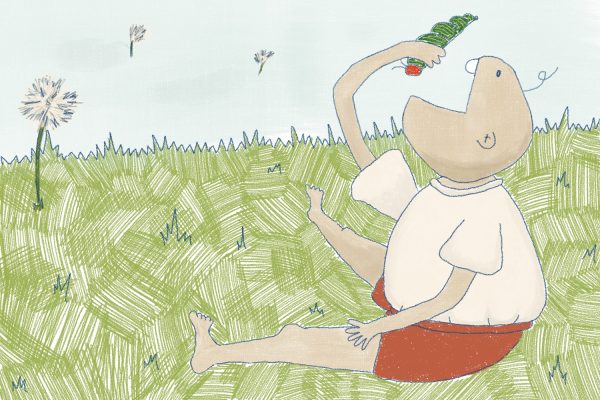
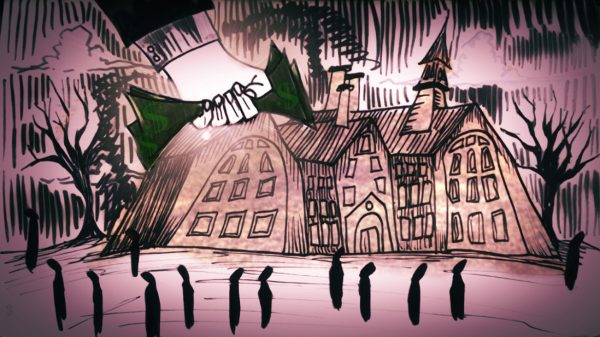

![Can’t buy me [self] love](https://vtcynic.com/wp-content/uploads/2024/04/self-care-FINAL-600x398.jpg)

Provide solutions not complaints • Feb 27, 2021 at 11:46 pm
“There are better ways to prevent the spread of covid than taking away spring break.” Such as?
Sounds like you are simply complaining without providing solutions. Not helpful at all. Let the adults continue to make decisions.